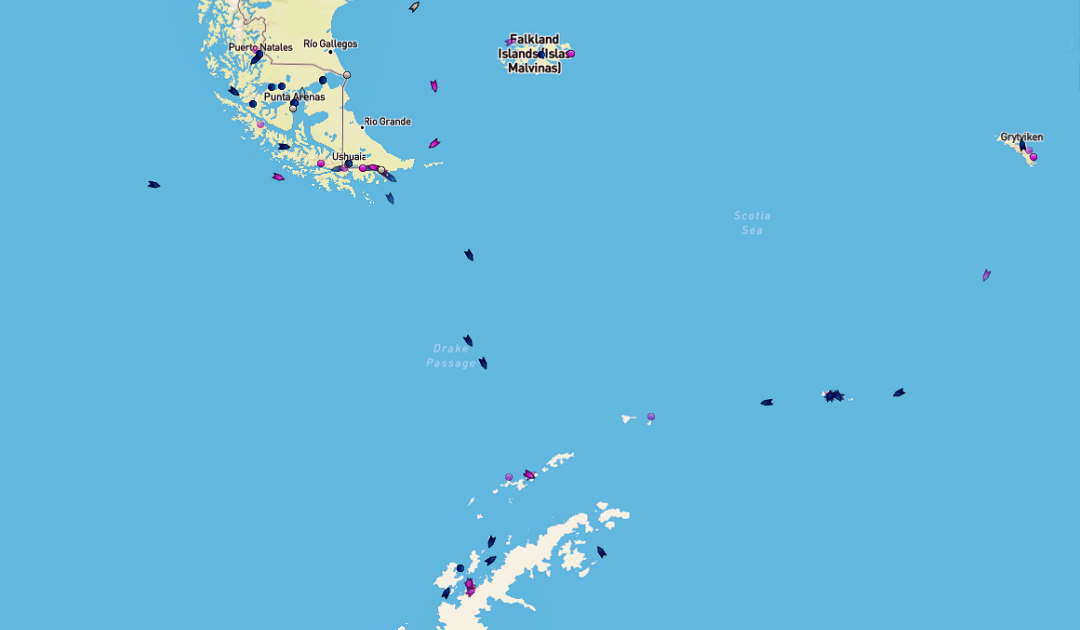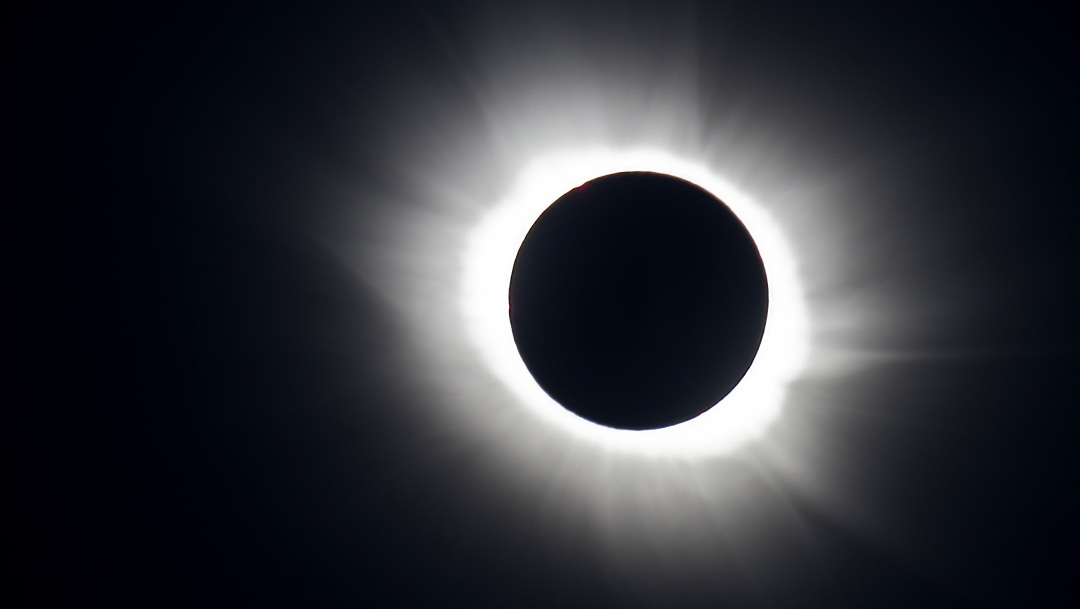
When the COVID spectre began its global triumph at the beginning of 2020, hitting one country after another, the expedition travel industry was in a gold-rush mood. More than 70,000 guests who had travelled to Antarctica in one way or another and full booking lists for the coming season ensured champagne mood and big plans in the executive offices of many tour operators. But everything turned out differently: the small virus choked everything and in the season 20/21 silence (except for natural sounds) hung over Antarctic penguin colonies. Everyone hoped (and yearned for) that everything would be better again this season. With success, as is now evident.
Since the beginning of November, more and more ships have been sailing again from Chile and Argentina towards the Antarctic Peninsula and the sub-Antarctic islands of South Orkney and South Georgia. Silversea and National Geographic/Lindblad Expeditions kicked off things by sending their ships south again from Chile and Argentina. In the meantime, more and more providers are joining them again, such as Quark Expeditions, which can now finally use its newest ship, the Ultramarine. Polar Latitudes was also finally able to send their Seaventure out with guests. On social media, you see happy waving guests and guides everywhere, finally able to breathe polar air again after 20 months of waiting. A similar picture should soon prevail in Cape Town, another gateway to Antarctica, where White Desert is getting ready to fly guests to their camps in Antarctica (in the most sustainable way possible at the moment).
The sub-Antarctic islands of the South Shetlands, South Orkney and South Georgia are also on the itinerary of the providers, together with the Falkland Islands, just as before. And yet, one thing is clear: the way expeditions are conducted is strikingly different from the past. Strict health and safety protocols are in place to prevent the SARS-CoV2 virus from becoming established in any of the areas visited: certified vaccinations, a testing regime before, during and after the voyage, rigorous cleanings on board plus distances / masks and clear rules from the affected countries on what ship operators and vendors must do to be allowed to land. For example, vessels wishing to land in the Falkland Islands must meet a number of conditions such as having stayed only in COVID-free areas or at sea for 10 days and having sufficient medical facilities and testing facilities on board. It is clear to all that there is no room for personal interpretation of the rules. Because neither the providers nor the countries and territories want a similar situation as in 2020. Guests and guides should be able to feel safe and concentrate on the beauty of Antarctica. The concepts are also working and some of the operators have already started their second departures.

Many of the providers have a highlight on their program right at the beginning of the season, which they have offered to guests for years: a total solar eclipse in Antarctica. Thereby on December 4th the moon will move between earth and sun and will turn day into night in the area of the Weddell Sea. A unique spectacle in the region, which had ensured full ships in advance. It is also hoped that this darkening will be the only one in the Antarctic sky this season. For the pandemic still hangs like a looming cloud over the world, and many countries from which the guests of expedition tour providers originate are struggling to cope with a renewed rise in the number of cases, stricter measures through to further lockdowns and new quarantine rules. And the last thing the industry could use now would be cases on board a ship or major outbreaks in gateway countries. At least for the time being, however, the relaunch of the Antarctic tourist season seems to be going over as smoothly as a long-polished iceberg.
Dr Michael Wenger, PolarJournal
More on the subject:





